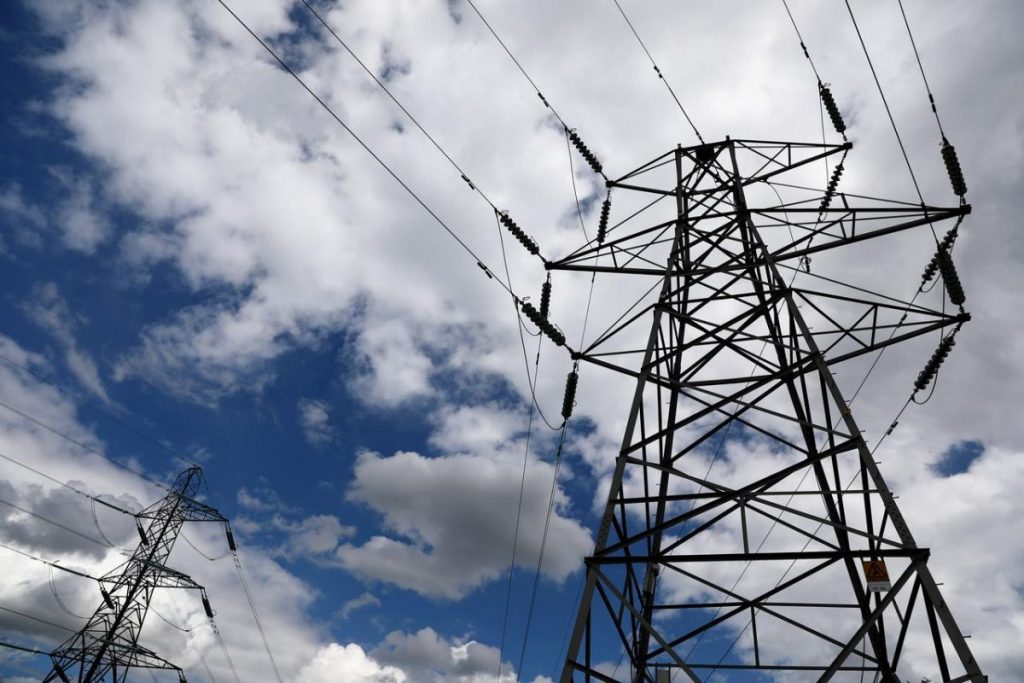 25 October 2011, Sweetcrude, Abuja – The Nigerian Society of Engineers (NSE) says Nigeria would likely lose out from the gains of the reforms in its emerging electricity market unless the Nigerian Local Content Act is strictly implemented in the sector.
25 October 2011, Sweetcrude, Abuja – The Nigerian Society of Engineers (NSE) says Nigeria would likely lose out from the gains of the reforms in its emerging electricity market unless the Nigerian Local Content Act is strictly implemented in the sector.
According to the society, the expected massive injection of capital and technologies in the power sector may not be domiciled in the country, if it does not place itself strategically to extract maximum benefits from new opportunities in the sector.
It proposed increased participation and selection of Nigerian firms in the ongoing privatisation exercise of the Power Holding Company of Nigeria (PHCN), a considerable increase in local manufacturing of electrical equipments and components, as well as improved employment of local capacities and competencies in all engineering works in the sector.
Speaking at the first Engineering Week of the Abuja branch of the association, titled “Nigerian Content, Nobody gets Hurt”, Chairman of NSE Abuja branch, Mr. Ogu Ndudiri, noted that there was no specific legislation regarding the Nigerian content in the Electricity Power Sector Reforms (EPSR) Act, adding that whatever recommendation the NSE will give should not be considered as an impediment in the ongoing reforms.
He explained that the existing scenario, which has encouraged a large influx of foreign engineers, technicians and artisans in the oil, gas and telecommunication sectors, thus resulting to capital flight should not be allowed in the power sector.
“The on-going power sector reform is opening a new line of business that will see the injection of not less than $10 billion per annum for the next decade, if the exercise succeeds. This massive injection of fund also implies massive injection of technologies which if Nigeria does not position itself well will not be domiciled in-country,” Ndudiri said.
He added: “Given the urgency and sincerity of purpose the government attaches to the power roadmap and that fact that there is no specific legislation regarding Nigerian content in the EPSR Act, it is important that whatever recommendations the NSE wants to make now, must not be seen as constituting an impediment to the privatisation activities currently going on.”
The NSE, in its recommendation asked that a local content department be established in the ministry of power to ensure compliance while bidders for the PHCN successor companies should be made to submit a 7-year Nigerian content development plan alongside their bids.
Chief Executive Officer (CEO) of Transmission Company of Nigeria (TCN), Mr. Akinwummi Bada, who chaired the occasion, said the Nigerian electricity sector is the most adversely affected sector in terms of implementing the local content Act.
According to him, “Most of the electrical materials used here are mostly sourced from abroad and this affects the extent of value derivable from the local content in the electricity sector, we need to encourage investors and contractors to source materials locally but we can only do this when we create an investment friendly climate.”



